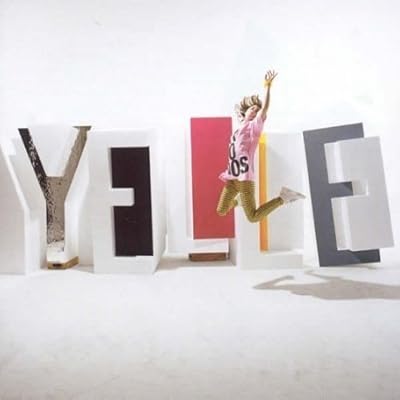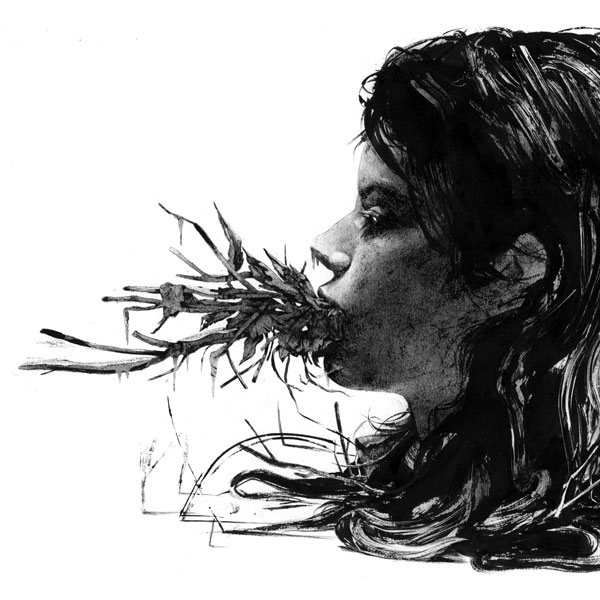
19. The Gaslight Anthem-
The ’59 SoundLike a repurposed dress that I recently made from one of my dad’s old plaid shirts, this album borrows a lot of old material, recalls vintage Americana, and still manages to have a freshness that I missed on the first few listens. It is Americana’s version of the declaration that “Punk’s not dead!” The bridges and highways of mid-century America are its landscape. There is honesty and desperation, but also enough of the Gaslight Anthem to remind us of the real period of its release.
At first, I thought there was too much of the band in the album, actually. If you’ve listened to “Sink or Swim,” you will recognize a lot of re-used lyrics and riffs. Now, these things just add to the nostalgia and familiarity of the whole thing. The ’59 Sound is still, above all and no matter how universal or poetic, a story about a
particular experience of life in New Jersey. If I was Brian Fallon, I’d be so tired of all of the Springsteen comparisons, no matter how well meaning. As much as these songs might pay tribute to a particular, formulaic way of songwriting, to read them only in that way diminishes what they do that is particular to this band and ultimately pretty successful.
If you know anything about me, you know that, first and foremost, what I think about constantly is place, travel, and identity. My favorite music, literature, everything seems to come back to these themes and explore the ways that they define one another. Not only is the ’59 Sound replete with these gestures, but I think that it is a defining theme of Fallon’s lyricism, as well.
Take this verse from “Great Expectations”:
I saw tail lights last night in a dream about my first wife.
Everybody leaves and I'd expect as much from you.
I saw tail lights last night in a dream about my old life.
Everybody leaves, so why, why wouldn't you?
Or this one from “High Lonesome”:
And Maria came from Nashville with a suitcase in her hand
I always kinda sorta wished I looked like Elvis
And in my head there's all these classic cars
And outlaw cowboy bands
I always kinda sorta wish I'm someone else
Or this one from “The Backseat”:
And in the wild desert sun, we drove straight on through the night.
We rode a fever out of Boston.
Dreamed of California nights.
Come July, we'll ride the Ferris Wheel.
Go round and round and round.
And If you never let me go, well I will never let you down.
What do we articulate through references to cars, to turbulent rivers, to bigger cities, to the visceral experience of moving through the air on a Ferris wheel? Why does living out of a suitcase cause us to question who we are? Why do we want so badly to be rooted in a place? These are questions that this album raises. They are broad, life-shattering questions of the most urgent kind, and yet there are no easy answers.
All we can do is exile ourselves and adopt travel metaphors--cars, trains, hitchhiking, and their audio-visual symbols—to search for what makes us who we are. We are at once inside of ourselves and out there somewhere in the backcountry, in other cities, on beaches, alongside rivers. These are ultimately the things I find most appealing about this album—and what will make me listen to it alongside
The Charm of the Highway Strip,
Left and Leaving, and
Under the Western Freeway.
I should point out that my friend, Charles, convinced me to give this album another chance after I totally didn’t get it and kind of put it on the list of this year’s failures. His post about the album
here is a moving example of why Charles is a fantastic writer with a real capacity to not only put his intense connection with music into words, but make you feel what he feels in a very raw and powerful way.
Related posts:
Best of 2008:
#20: Billy Bragg- Mr. Love and JusticeBest of 2008:
Intro










